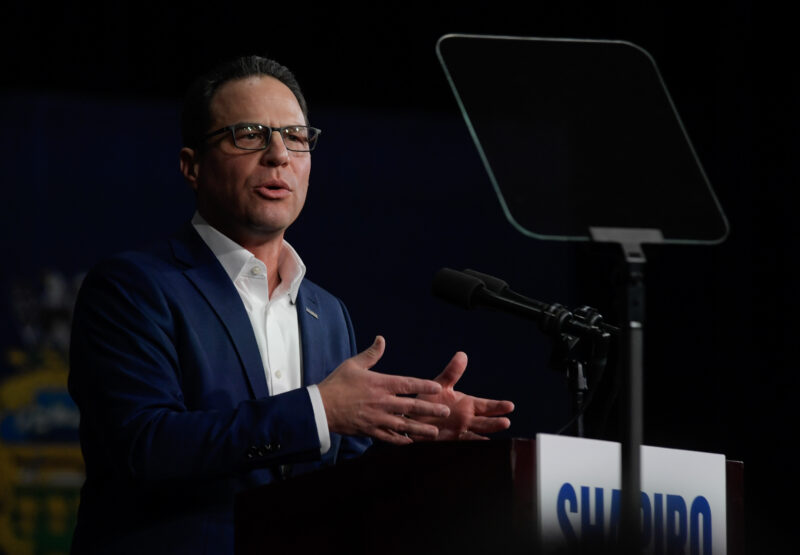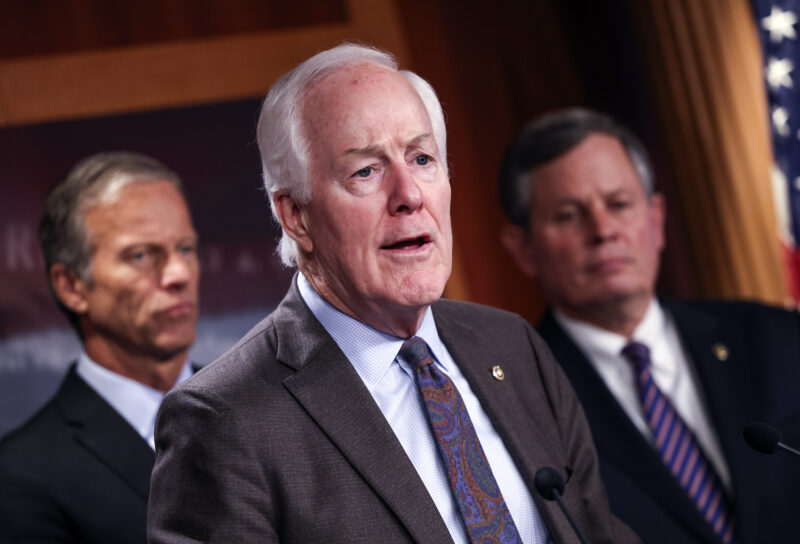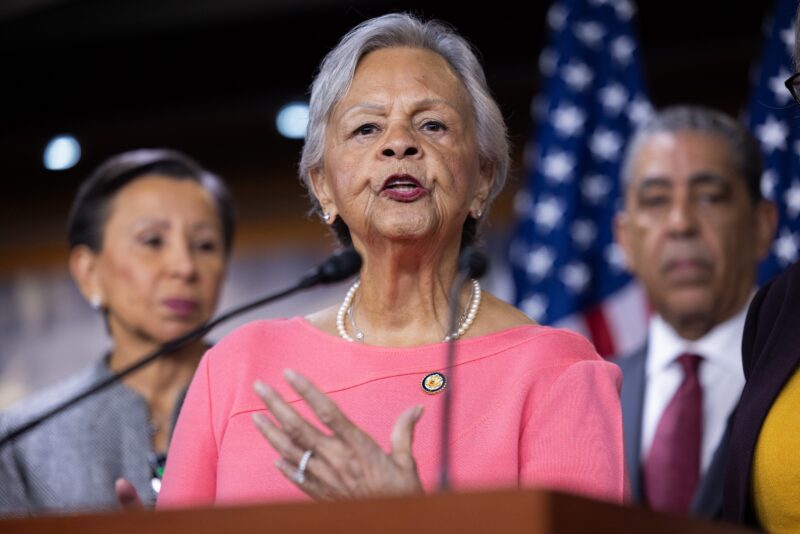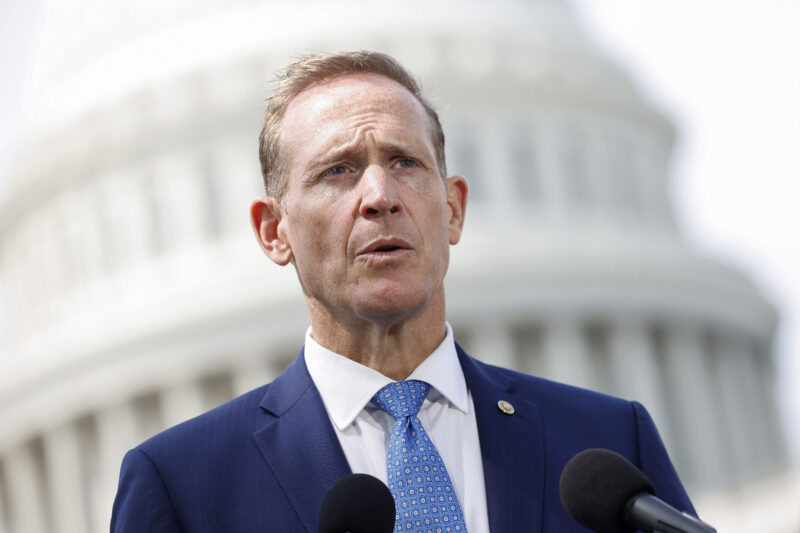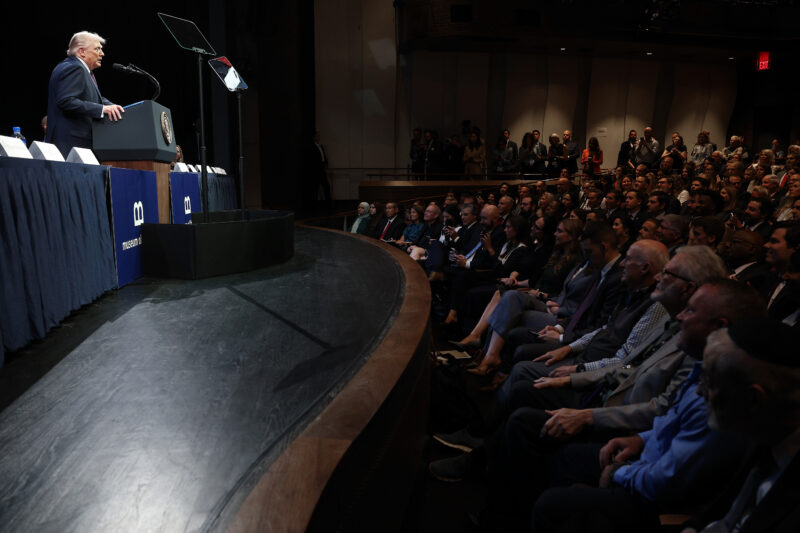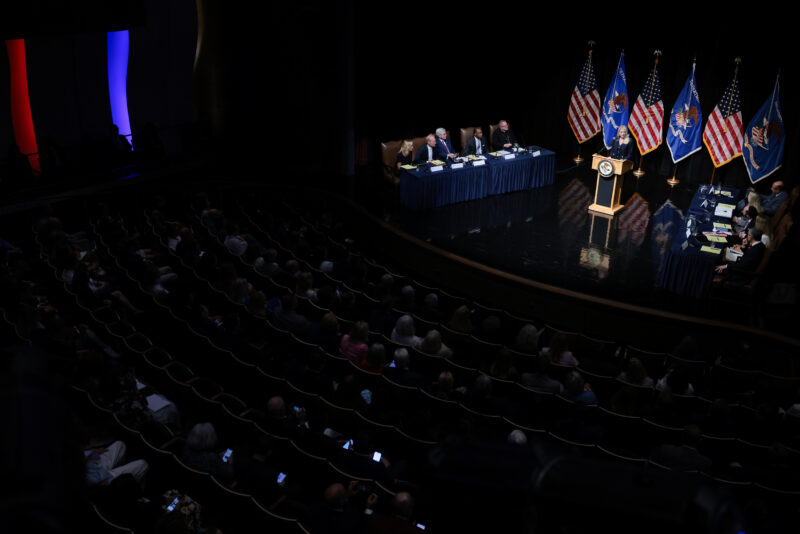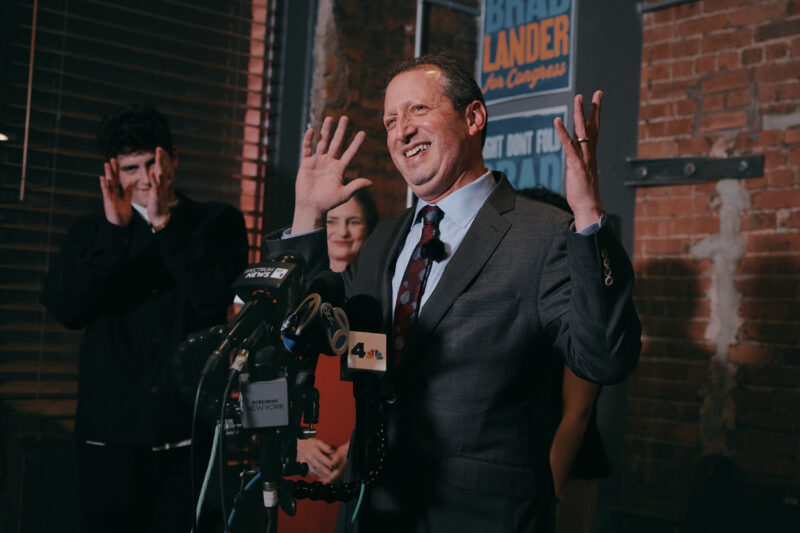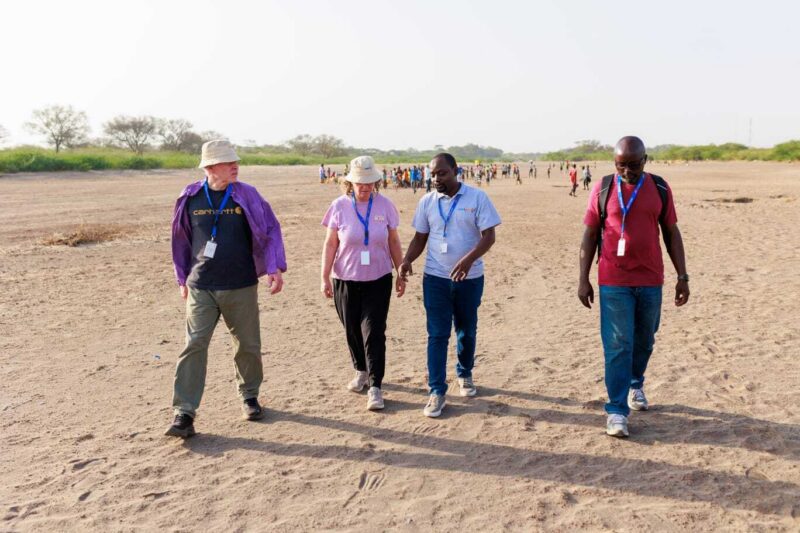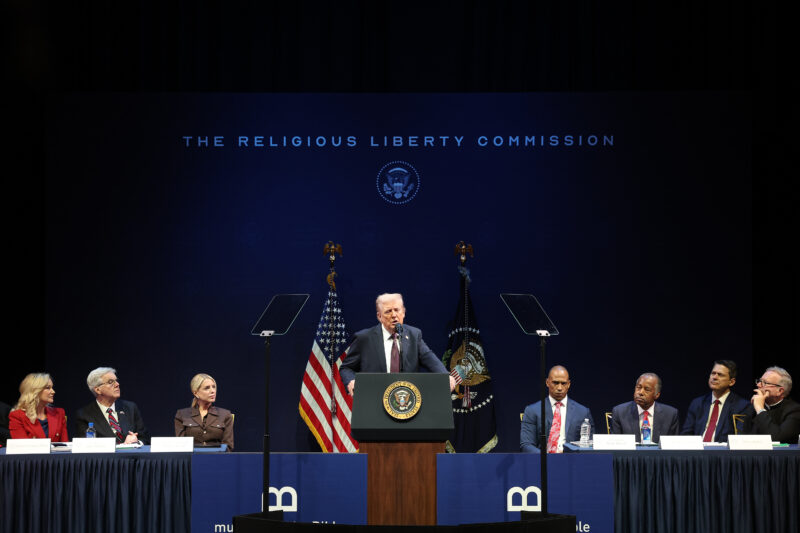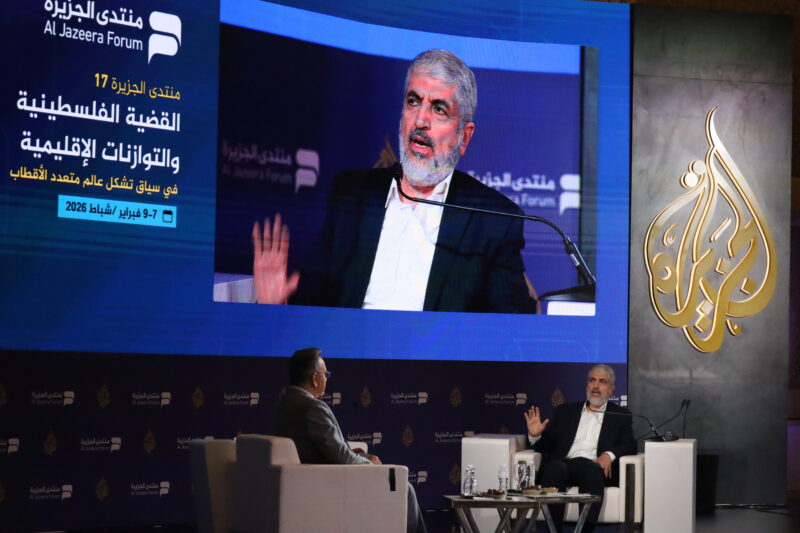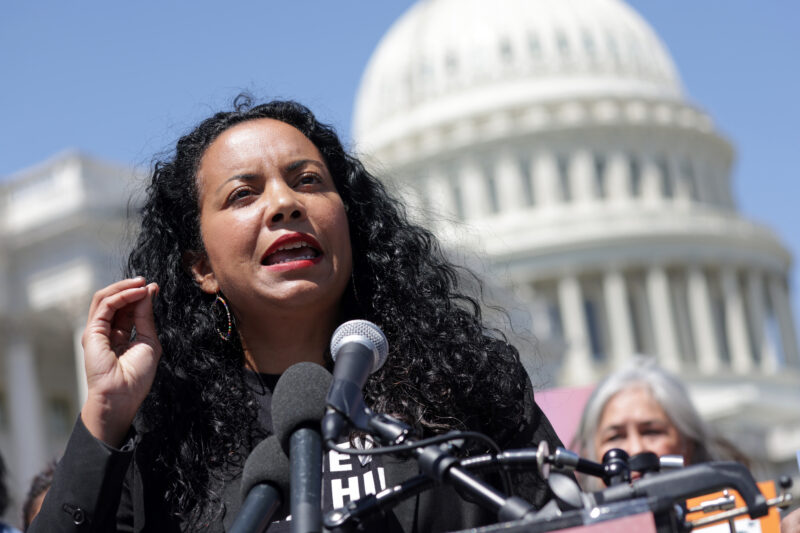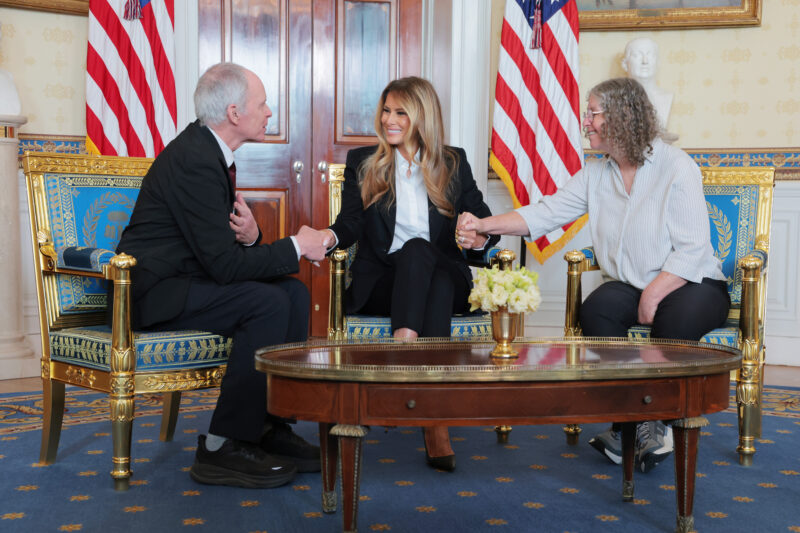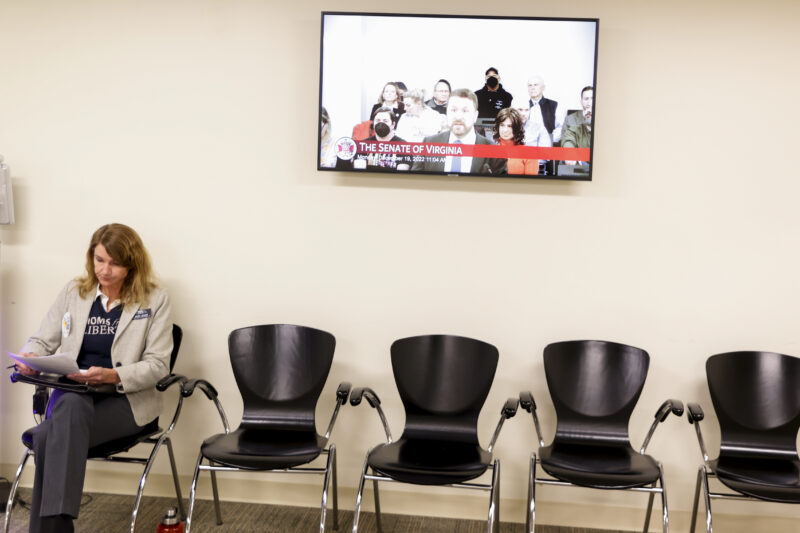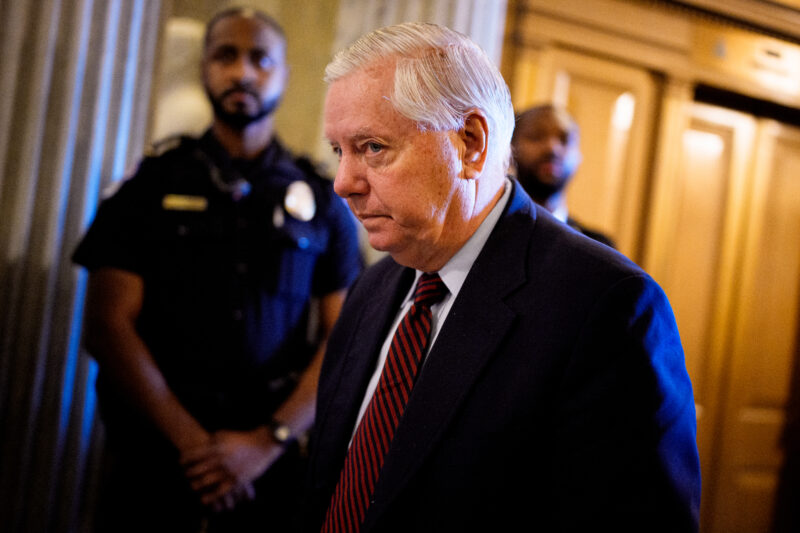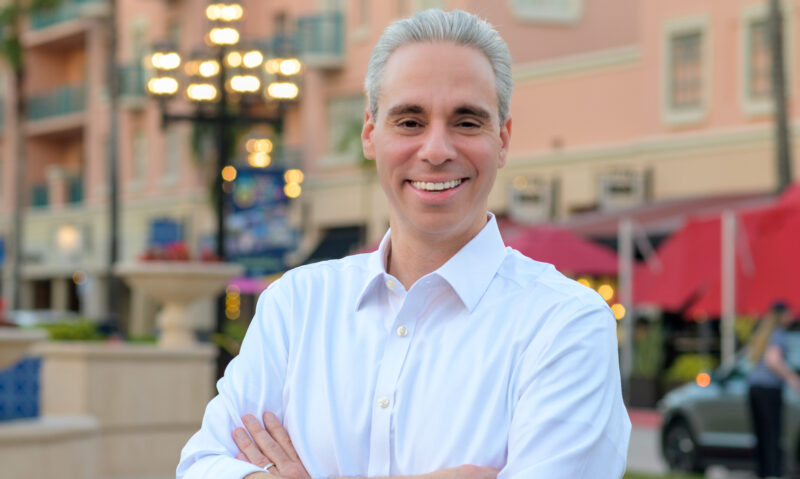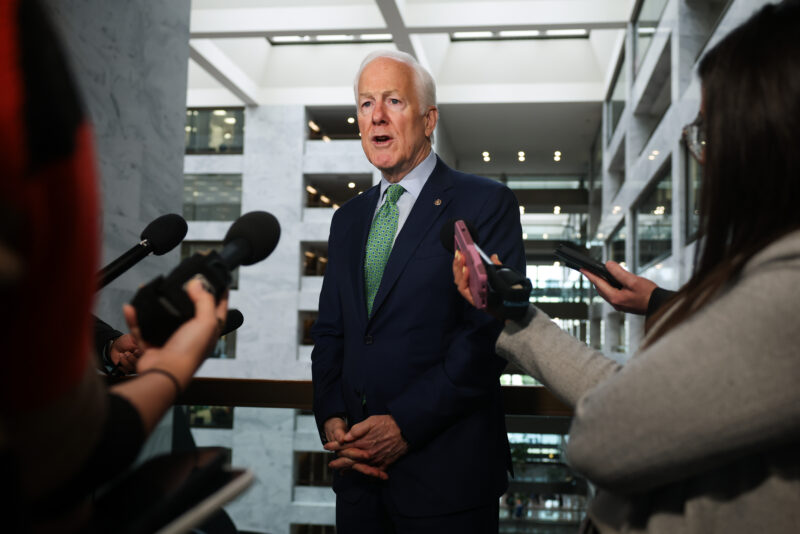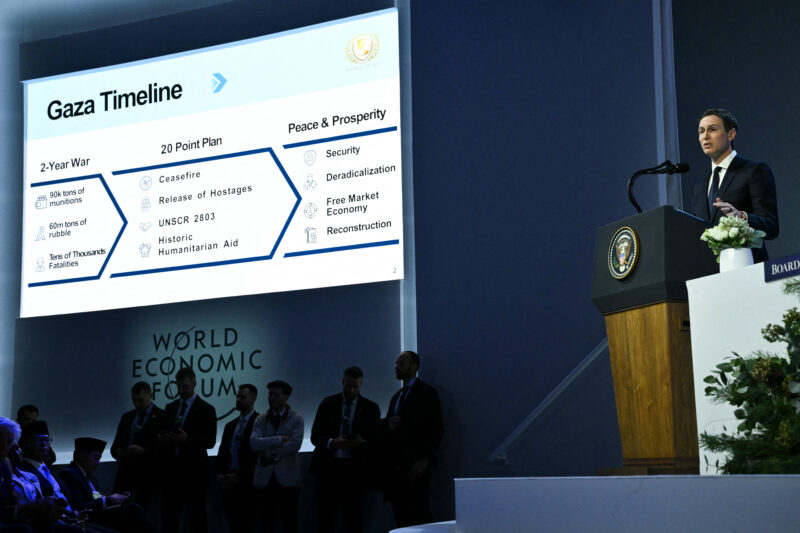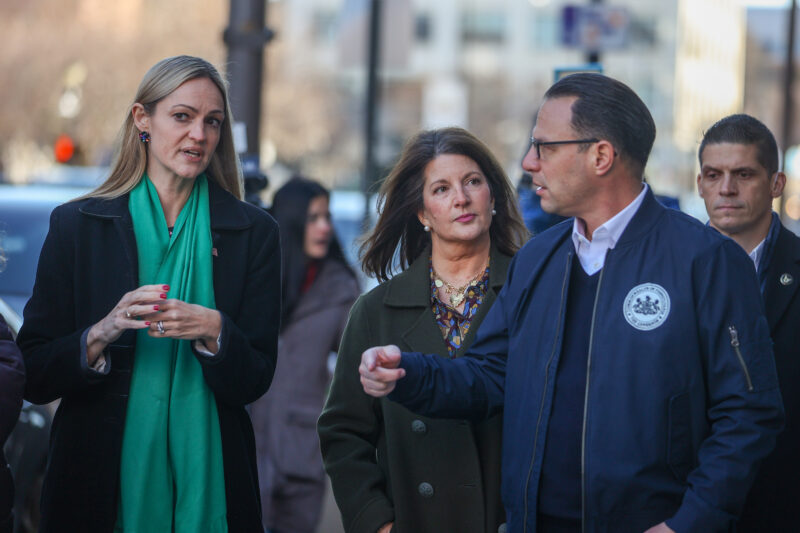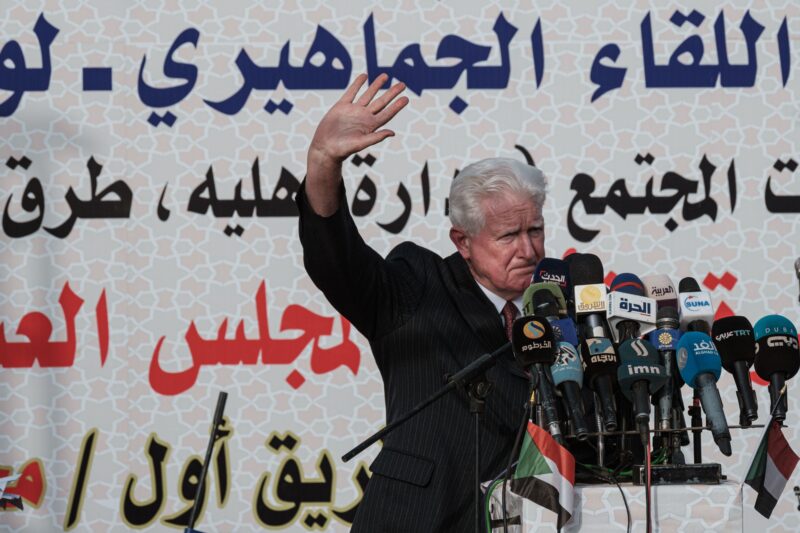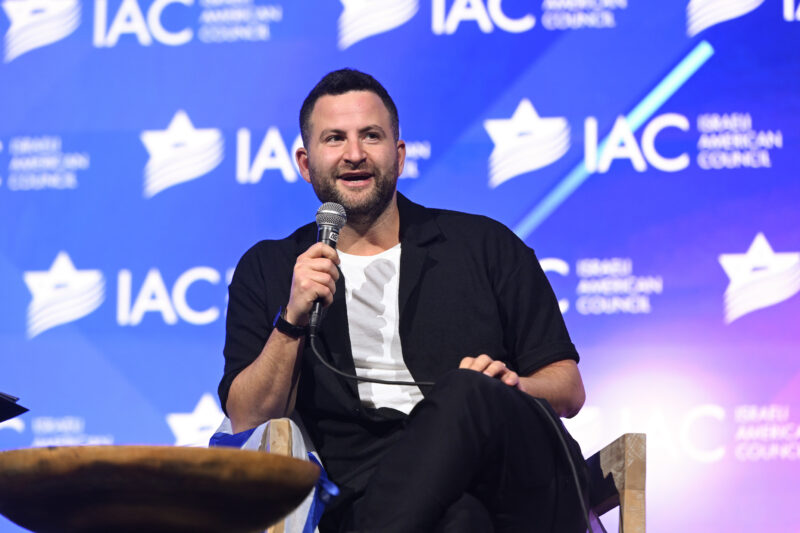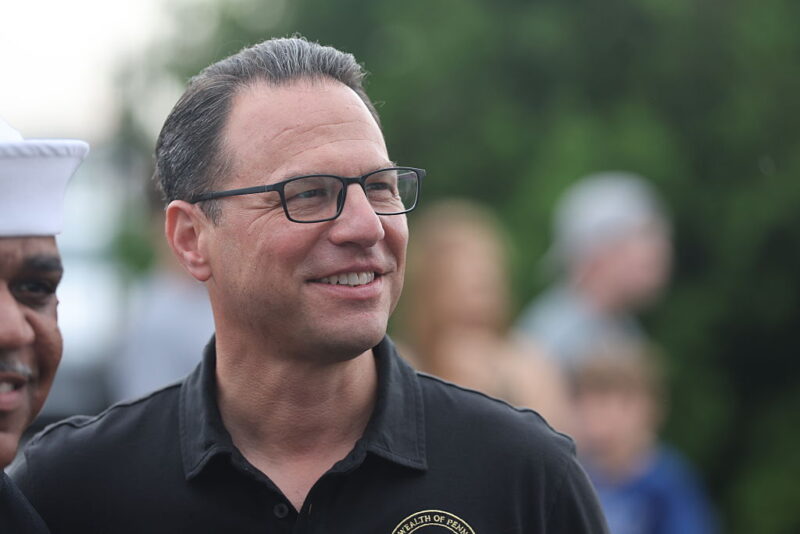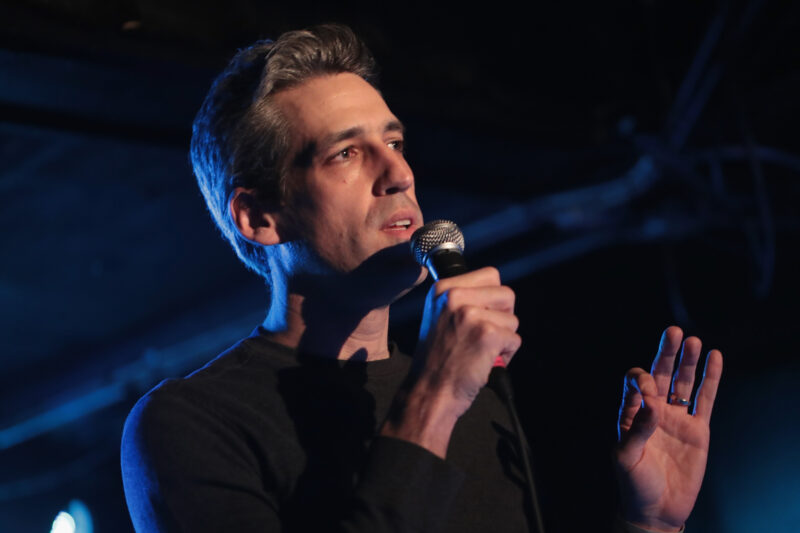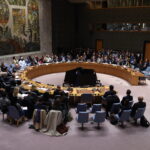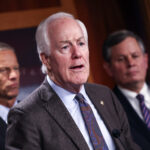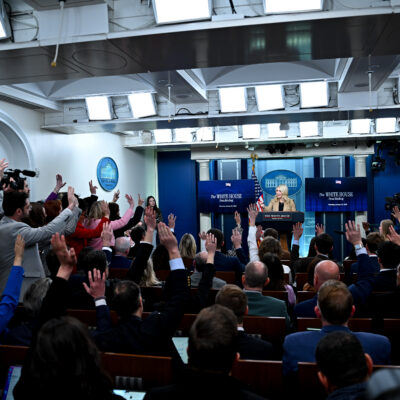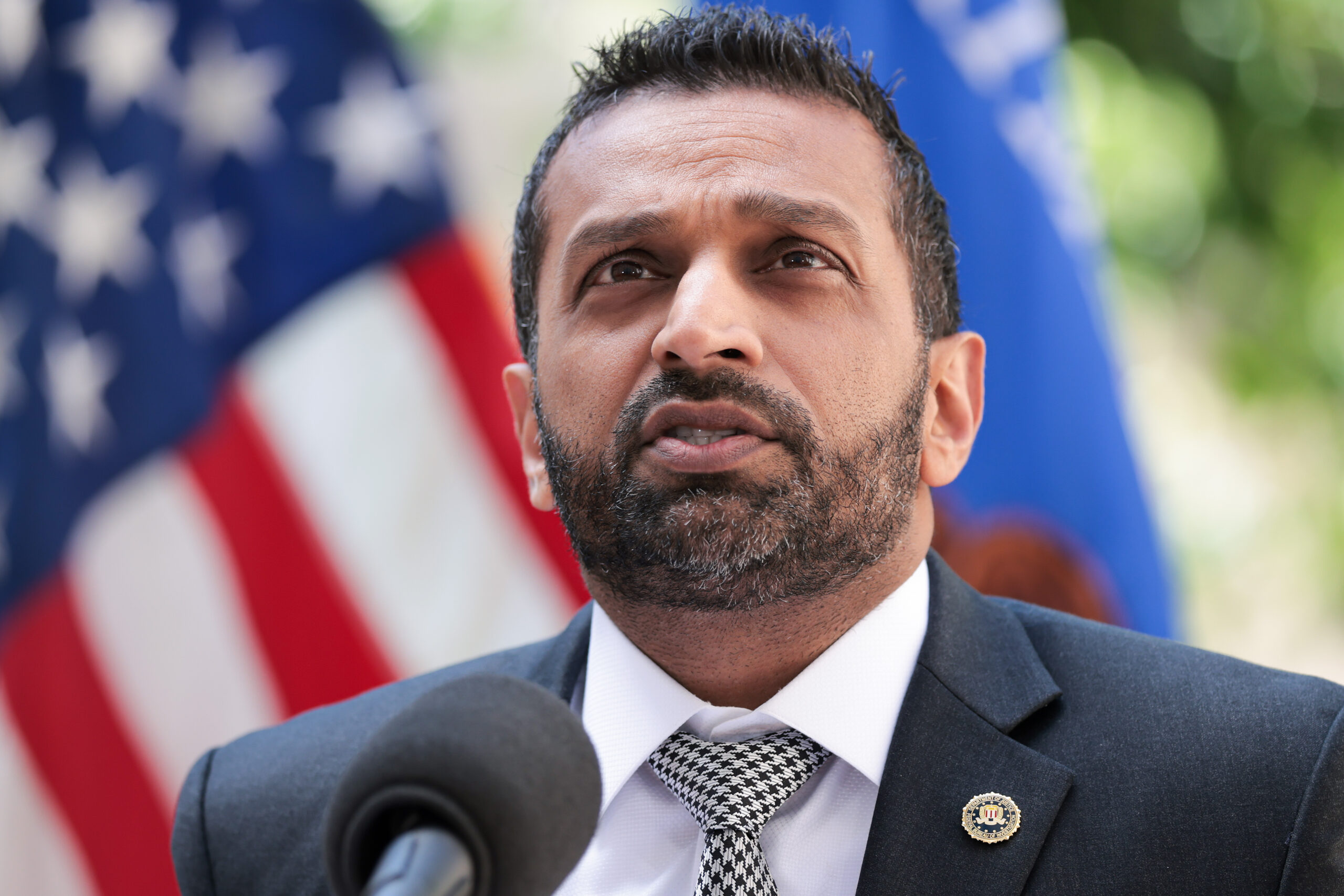At Davos, Sullivan pushes Israel-Arab normalization alongside two-state solution
The U.S. national security advisor acknowledged the risk of escalation in the Middle East while pushing regional integration

Markus Schreiber/AP
Jake Sullivan, U.S. national security advisor, speaks during the Annual Meeting of World Economic Forum in Davos, Switzerland, on Tuesday, Jan. 16, 2024.
U.S. National Security Advisor Jake Sullivan on Tuesday outlined Washington’s long-term vision for the Middle East in a speech at the World Economic Forum in Davos, Switzerland, calling for renewed efforts to bridge ties between Israel and Arab nations alongside a push for a two-state solution between Israel and the Palestinians.
Sullivan, the top foreign policy advisor to President Joe Biden, argued that the Oct. 7 Hamas terror attacks in Israel had not fundamentally changed the Biden administration’s approach to the Middle East.
“As we respond to this crisis, we’re actively pursuing a pathway to normalization and integration with our regional partners,” Sullivan said. He described a four-point vision for “what the future can and should look like after the conflict: A future where Gaza is never again used as a platform for terror. A future where Israelis and Arabs can live in peace, Palestinians have a state of their own and Israel’s security is assured.”
Prior to the Oct. 7 attacks and the resulting Israel-Hamas war, the Biden administration had been working toward a normalization agreement between Israel and Saudi Arabia. At the time, the Palestinian issue was viewed as connected but not a central component of such a deal. Washington now insists the two must be linked.
“The basic recipe, which is peace between Israel and its Arab neighbors, a two-state solution with Israel’s security guaranteed — these pieces are not, in a way, operating in completely separate spheres. They are linked and connected, they were before October 7, they remain linked today, and they’re something that we’re going to have to continue to work on,” Sullivan said. In a Foreign Affairs essay written before the attacks, Sullivan described the normalization push but did not mention a two-state solution in the original version of the publication.
Sullivan on Tuesday called this plan “the only path that provides peace and security for all, and what is more, it is not impractical. It can be done. The pieces are there to be put together to achieve this outcome and not years down the road, but in the near term, if all of us pull together and make the wise and bold decisions to choose this course.”
He alleged that Hamas’ coordinated attacks, in which more than 1,200 people were killed, were motivated by opposition to the U.S. push toward greater regional integration.
“It was our progress toward that goal that Hamas sought to destroy on October 7,” said Sullivan.
Sullivan made the argument that an interconnected world, with the U.S. always in close consultation allies and partners, is desirable — and that he is optimistic these partnerships can head off broader conflict, particularly in the Middle East. He called the strategy “a combination of steady deterrence and steadfast diplomacy.”
“This needs to be an all-hands-on-deck effort,” he said of the U.S.-led response to the Houthis’ attacks on commercial vessels in the Red Sea. “We want to work with countries across the board, countries who are allies and partners, countries who are not, in the common interest to get this to stop.”
Still, Sullivan acknowledged that the situation in the Middle East is not yet under control and that, in fact, it might get worse.
“We have to guard against and be vigilant against the possibility that in fact, rather than heading towards deescalation, we are on a path of escalation that we have to manage,” Sullivan said. “It remains a central locus of our strategy: try to ensure that we manage escalation across the Middle East to the maximum extent possible, taking every possible measure that we can in that regard, and ultimately get on a path of diplomacy and deescalation.”
Please log in if you already have a subscription, or subscribe to access the latest updates.




